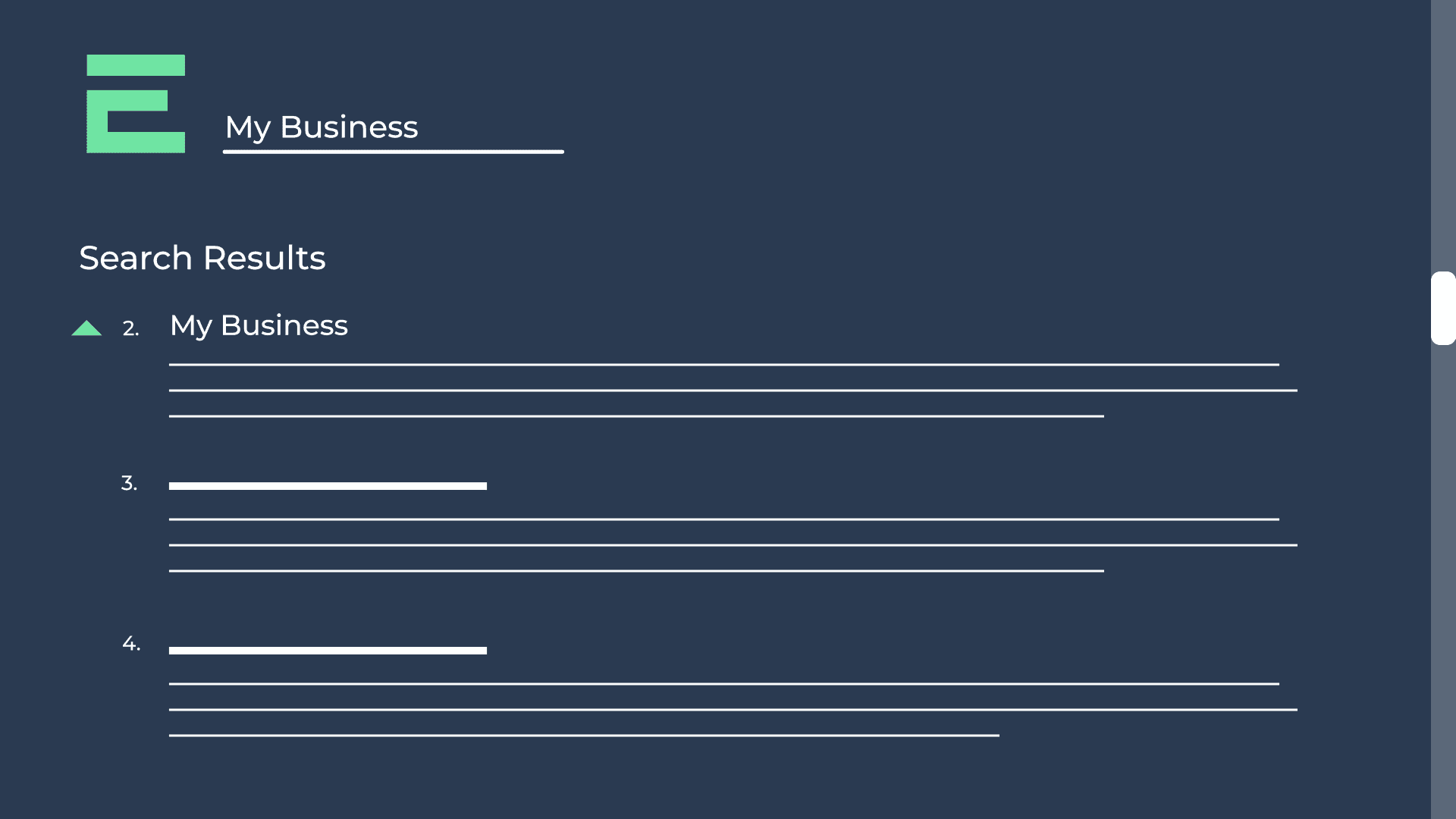Request a brochure
To request your brochure, simply fill in the form below and we will email it directly to you...
What is SEO?

SEO, or Search Engine Optimisation, is key to getting your content seen by those who need it.
The words you use in your blog posts and webpages need to be on relevant topics to your business. But including regularly searched keywords makes your posts more likely to gain traffic and valuable leads. Including these will optimise your content. This, alongside domain authority (I’ll explain that one later!), will ensure you rank higher up on Google search results; your content will be more relevant for the questions your potential buyers are asking.
When you are starting out, do not write on the topics that already have a lot of content/searches. Finding your golden nugget, your niche topic that is being searched but has less relevant results. Therefore, it will have less competition to get you to a higher position in the search results. Use tools such as Google Trends and Google Analytics. These are great to find out which keywords and topics are being searched the most.
Domain Authority (the impact trust has on Google Rankings and SEO)
Now to explain what domain authority is and how it is CRUCIAL to your ranking, relevance and being a trusted source of reliable information.
Moz is a brilliant tool that shows you the domain authority of a specific webpage, this includes blogs. Check out the Moz tool here.
It is important to build a trusting relationship with your audience, especially if you are looking to grow your brand; ways to build this trust is through providing your citations, evidence of resources, case studies, your own research and statistics etc. You do not have to have all of these, but it is crucial to make sure the content you provide is accurate and gives credit to the source of your information.
As much as SEO is about building trust with your audience and domain authority, it is also an integral part of your marketing strategy. Visit our marketing page for any further support to build your marketing masterplan and tools to improve your SEO.
How to build Domain Authority
Optimising your domain authority can be done by increasing your webpage’s backlinks.
Backlinks mean that you have gained trust from a wider audience. If your content is shared by a website with a high trust rating, Google will see that your content is reliable. To convert a first-time visitor to a returning one, who may then turn into a high-quality lead, it is worth considering using SMART forms and text to gather more information, this is something that our digital team can help you with if you need us to. Forms will give your visitors a way to subscribe to your contact list. You will then be able to find out more about them, what they need, what questions they have, and what stage they are at in the buyer’s journey (how close they are to investing into your products or services). Then they will receive emails and links that is are personalised to their needs and circumstances. When your web content is easy to read, easy to access, and proven to be factual; you then build a trusting relationship with your viewers and thus get much higher rankings on browsers.
Proof SEO works
The proof is in the pudding, if you don’t want to take my word for it; check out our project with Entertainment Nation.
The following testimonial shows how optimising your SEO really has an impact:
Entertainment Nation Team

These are the stages your search engine goes through when you use SEO effectively: (How SEO and domain authority lead to higher rankings and what that means for their business goals)
The Discovery Stage: The SEO determines how easily search engine bots/web crawlers are able to discover your webpage and content. It then takes note of this. The Relevance Stage: Once the search engine bots have discovered your content, they decide how relevant it is to different search terms and index is based on keywords and other factors. The Domain Authority Check: Your authority helps the bots to see how trusted your content is by other reliable webpages. The better your authority the higher the search engine bots will rank you in search results. Experimenting with what content works best for your website is key to achieving optimal results from those three stages. Keep it relevant to your business and interesting for your audience. Remember, a productive SEO approach is about balancing relevance and authority.
If you want some more ways to optimise rankings and optimise how you can get those google bots to notice your work, have a look at these keywords:
Meta Description/Tags: Your meta-description is the summary that comes up under the link to your post on the browser page. A little snippet the same length as a Tweet. How does this help with my SEO you ask? Although it does not directly influence your ranking on Google it helps with your click through rate because the description proves to the Google bots that your content is highly relevant to the topics and keywords being searched.
What are Alt Tags: These are text descriptions in a HTML format you add to your images which help you rank higher on SEO because you can put keywords embedded in the text description.
To conclude
Now that you have come to the end of this blog post we hope that you are feeling a little more enlightened on the subject of SEO and how best to implement it for your business.
We have shared with you the basics on this topic, if you need any more information then don’t hesitate to contact our digital team. We have more content from our Your Business in Your Hands series that cover more areas of digital business management.